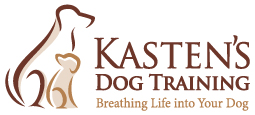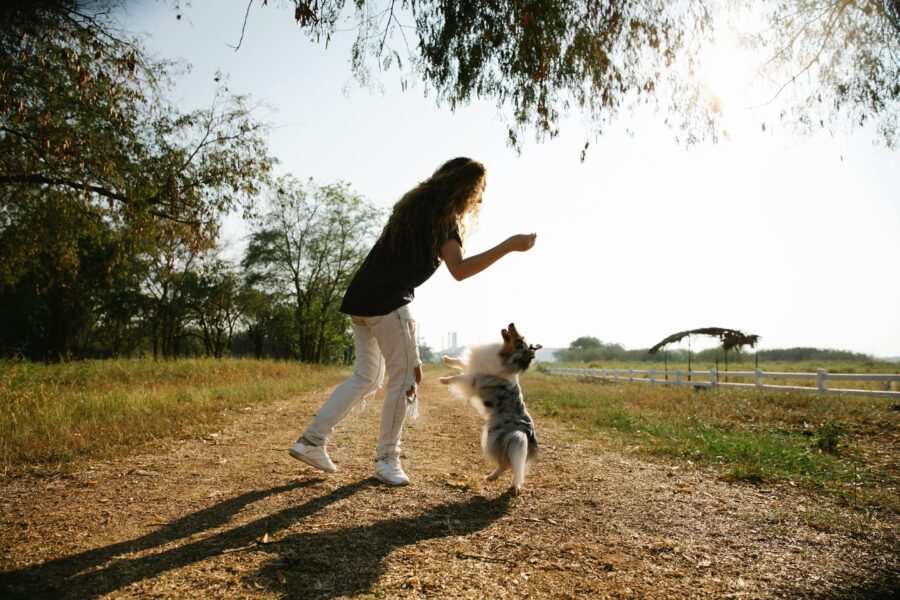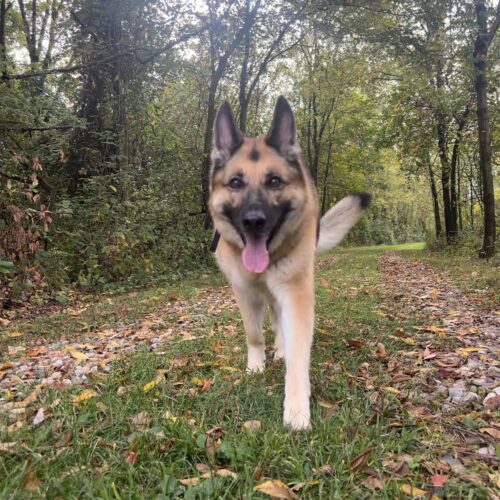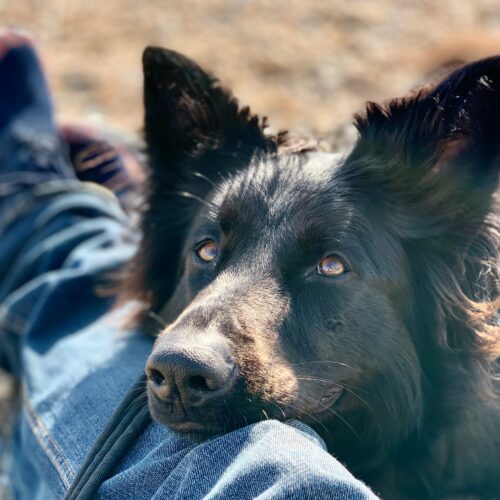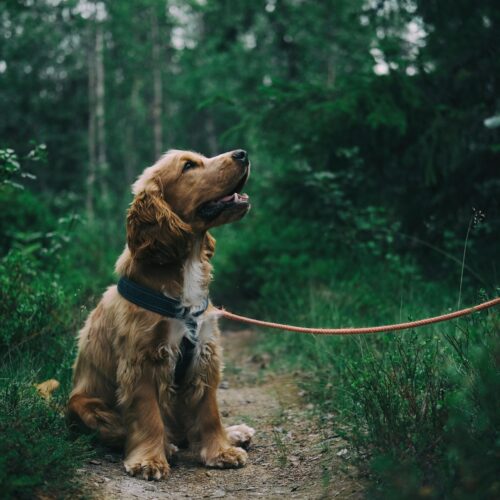Building a strong bond with your dog is not just about training and daily care—it is about creating moments of connection that bring joy to both of you. Play is one of the most powerful ways to deepen your relationship. Whether you have a new puppy or an older dog, engaging in the right kind of play strengthens your bond while keeping them physically and mentally stimulated.
Understanding the Role of Play in Your Dog’s Life
Play is not just about burning energy. It is a vital part of a dog’s development, emotional well-being, and communication with their owner. Dogs play to learn boundaries, release stress, and form attachments. A dog that engages in regular play with their owner learns to associate them with fun and positive experiences, which leads to a stronger, more trusting relationship.
Each dog has different play preferences based on their breed, personality, and experiences. Some love chasing and retrieving, while others prefer games that involve problem-solving or gentle wrestling. Recognizing what excites your dog the most allows you to tailor playtime to their needs, making every interaction more meaningful.
Choosing the Right Games to Strengthen Your Bond
Interactive games create a deeper level of engagement between you and your dog. Fetch is a great way to reinforce recall commands and build excitement around interacting with you. Tug-of-war taps into a dog’s natural instincts and can be a fantastic way to teach self-control while also boosting their confidence. If your dog enjoys mental challenges, puzzle games or hide-and-seek exercises provide a fun way to strengthen focus and problem-solving skills.
No matter the game, the key is to be involved. Simply handing a dog a toy and walking away does not build a bond. They need your energy, enthusiasm, and participation to feel connected. The more actively engaged you are, the more they will see you as a source of fun and security.
Using Play to Reinforce Positive Behaviors
Play is not just about having a good time. It is a powerful training tool that encourages desirable behaviors. Rewarding good behavior with play instead of just treats helps reinforce training in a way that feels natural and exciting for your dog. A game of fetch after a well-executed sit-and-stay command teaches them that following directions leads to enjoyable rewards.
Structured play also helps reduce unwanted behaviors by giving dogs a healthy outlet for their energy. Many destructive habits, like chewing on furniture or excessive barking, stem from boredom and lack of mental stimulation. Providing interactive play sessions gives them something productive to focus on, reducing the likelihood of them acting out in frustration.
Strengthening Communication Through Play
Dogs constantly read our body language, tone of voice, and energy levels, and play is one of the best ways to improve communication. When you engage in play, you naturally develop a rhythm of interaction that helps your dog understand your cues better. Using clear commands and consistent signals during games like fetch or tug-of-war reinforces your dog’s ability to listen and respond to you in everyday situations.
Play also teaches boundaries and impulse control. A well-structured tug-of-war session, for example, teaches a dog to release on command and not to become overexcited. Games that require waiting, like hide-and-seek, help reinforce patience and trust. Every playful interaction is an opportunity to build a deeper connection and mutual understanding.
Making Play a Daily Habit
Consistency is key to strengthening your bond through play. Daily play sessions, even if just a few minutes long, create a routine that your dog looks forward to and relies on. Whether it is a game of chase in the yard, a puzzle-solving activity inside, or a structured training game, keeping playtime a regular part of your schedule helps maintain a strong connection.
Switching up activities can bring excitement if your dog seems disinterested in play. Rotating toys, introducing new challenges, or trying different locations can make playtime fresh and engaging. A dog that sees its owner as a source of fun and stimulation is eager to engage, learn, and bond.
Strengthening the Relationship Beyond Play
Play is a gateway to a deeper relationship, but it is most effective when combined with trust, training, and positive daily interactions. At Kasten’s Dog Training, we believe that a well-balanced dog has both structure and fun in their life. Building a strong bond through play enhances your dog’s happiness and fosters obedience, confidence, and a lifelong connection with you.
Contact Us Today!
At Kasten’s Dog Training, we are committed to helping you and your dog build a strong, positive relationship through practical training. Visit our website or contact us today to learn more about our services so we can assist you in reaching your training goals!
